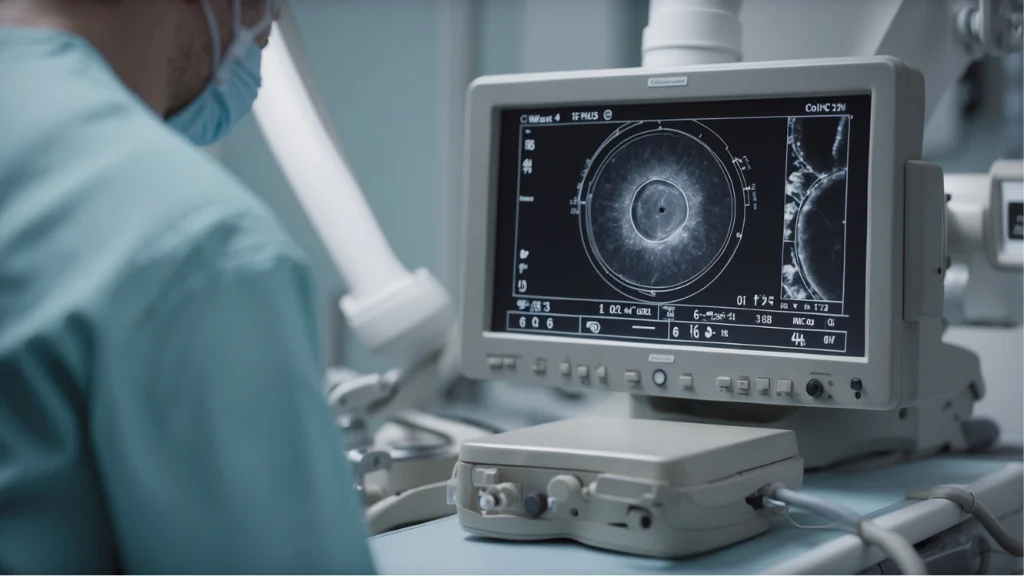Your Questions on Colon Cancer, Answered
Flushing Out Myths and Delivering Facts About Colon Cancer
Welcome to Flush Out Cancer, your comprehensive guide to understanding and managing colon cancer. Our mission is to empower individuals with accurate, up-to-date information on prevention, symptoms, treatments, and recovery. Whether you’re newly diagnosed, supporting a loved one, or seeking expert-backed resources to make informed decisions, we’re here to provide clarity and hope. At Flush Out Cancer, we believe that knowledge is power, and by flushing out misinformation, we aim to help you navigate this journey with confidence. Explore our site for engaging content, practical tips, and support designed to inspire and educate

Understanding Colon Cancer
What is colon cancer?
Colon cancer, also known as colorectal cancer, develops in the colon or rectum, often starting as small growths called polyps that can turn cancerous over time.
What are the symptoms of colon cancer?
Symptoms include changes in bowel habits, blood in the stool, abdominal pain, unexplained weight loss, and fatigue. However, early stages may have no symptoms.
What causes colon cancer?
Factors like genetic mutations, family history, a high-fat or low-fiber diet, obesity, and a sedentary lifestyle contribute to colon cancer risk.
How common is colon cancer?
Colon cancer is one of the most common cancers worldwide, affecting both men and women, particularly those over the age of 50.
What are the stages of colon cancer?
Colon cancer is staged from I to IV, with Stage I being early and localized, and Stage IV indicating that cancer has spread to other parts of the body.

Prevention and Early Detection
How can I prevent colon cancer?
A healthy diet rich in fiber, regular exercise, avoiding tobacco, and limiting alcohol can help reduce your risk of colon cancer.
What foods should I eat to lower colon cancer risk?
Foods like whole grains, leafy greens, berries, nuts, and legumes support colon health and may reduce cancer risk.
What is a colonoscopy, and why is it important?
A colonoscopy is a screening procedure that detects and removes precancerous polyps, significantly reducing the risk of colon cancer.
When should I start getting screened for colon cancer?
Screening typically starts at age 45, or earlier if you have a family history or other risk factors for colon cancer.
Are there non-invasive screening options for colon cancer?
Yes, tests like stool DNA tests (e.g., Cologuard) and fecal occult blood tests (FOBT) are non-invasive alternatives to detect early signs of colon cancer.

Treatment Options and Recovery
What are the treatment options for colon cancer?
Treatments include surgery, chemotherapy, radiation therapy, targeted therapy, and immunotherapy, depending on the stage and type of cancer.
Can colon cancer be cured?
Early-stage colon cancer can often be cured with surgery alone. Advanced stages may require a combination of treatments for better outcomes.
What is a colectomy?
A colectomy is a surgical procedure that removes part or all of the colon, often performed to treat or prevent colon cancer.
What are the side effects of colon cancer treatments?
Side effects may include fatigue, nausea, bowel changes, and loss of appetite. Your healthcare team can recommend strategies to manage these.
How long does recovery take after colon cancer treatment?
Recovery times vary but can take weeks to months depending on the treatment. Follow-up care and rehabilitation are essential for a full recovery.

Living with Colon Cancer and Support
How can I cope emotionally with a colon cancer diagnosis?
Joining support groups, seeking therapy, and talking to loved ones can help you manage the emotional challenges of a diagnosis.
Are there support groups for colon cancer patients?
Yes, organizations like the Colon Cancer Alliance and Fight Colorectal Cancer offer support groups and resources for patients and caregivers.
What lifestyle changes can help during treatment?
Eating a nutritious diet, staying active when possible, and managing stress can improve quality of life during treatment.
How do I talk to my family about my diagnosis?
Be honest and open, sharing your treatment plan and how they can support you. Allow time for their questions and emotions.
What resources are available for financial assistance?
Many organizations provide financial help, including CancerCare and Patient Advocate Foundation, to assist with treatment costs and related expenses.
Reach Out To Us
Looking for more information or curious about how we can help? Connect with us by clicking the button below!
